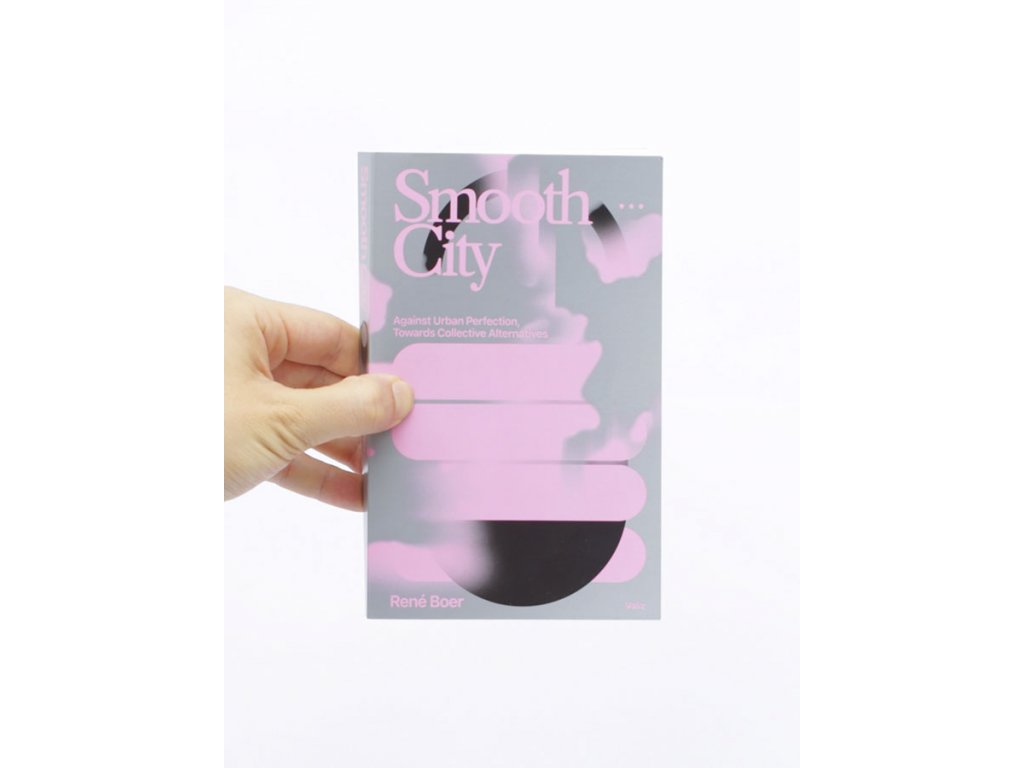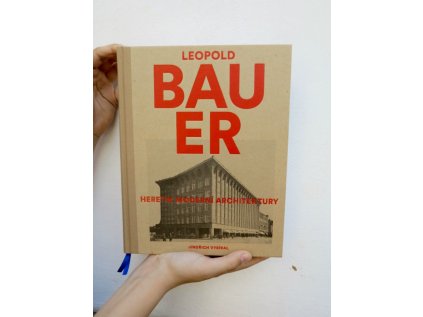In the foreword of Smooth City, René Boer writes about changes shaping the city center of Amsterdam nowadays: how the streets once known for their roughness, are now characterized by homogenous aesthetics, minimalist shopping windows and shiny Uber taxis. These are typical characteristics of the ‘smooth city’: a city in which the urge for ‘perfection’, efficiency and control is constantly increasing. It is a kind of city which is sterile, clean and layered with new technologies, which makes urban life seemingly ‘perfect’ and frictionless. It can be questioned, however, whether there is still place for divergence from norms, forms of friction or any alternative in the smooth city?
René Boer argues in Smooth City that this new version of urbanity undermines the democratic nature and the emancipatory potential of cities, and hardly leaves any space for experiment, non-normativity and transgression. Although the book states that the desire for a safe, clean and well-functioning urban environment is understandable, it also provides a framework to challenge this obsession with perfection and to instead collectively work towards porosity in the urban realm. Smooth City offers a critical analysis of the origins, characteristics and consequences of the smooth city and brings some very welcome reflections on the urban reality we are currently living in. The book also contains a series of ‘smoothscapes’, collages made by visual artist and graphic designer Kees de Klein, reflecting on this smooth urban reality.
| Kategorie: | Architektura |
|---|---|
| EAN: | 9789493246201 |
| Autor: | René Boer |
| Nakladatel: | Valiz |
| Rok vydání: | 2023 |
| ISBN: | 978-94-93246-20-1 |
| Jazyk: | anglicky |
| Počet stran: | 272 |
| Typ vazby: | brožovaná |
Buďte první, kdo napíše příspěvek k této položce.














